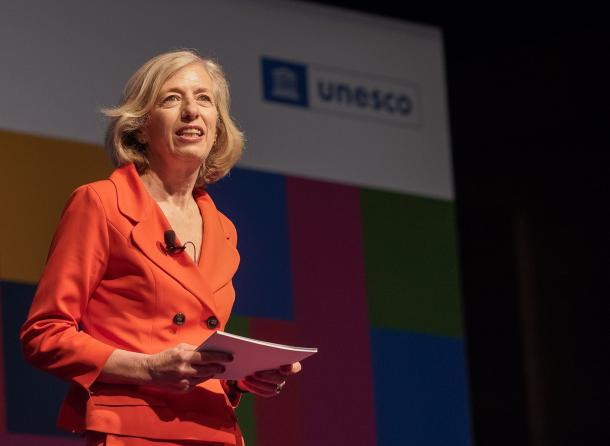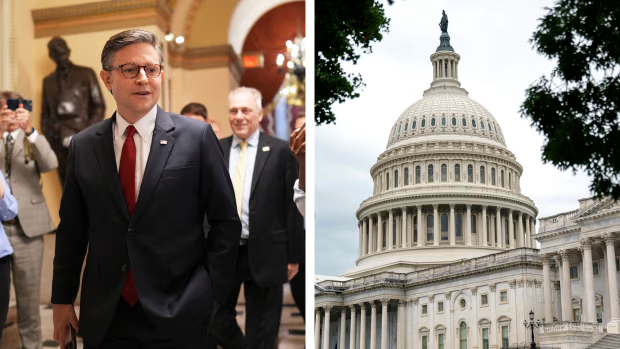
Student visa woes continue
Student Visa Woes Continue to Disrupt Education and Aspirations
Amid lingering global travel restrictions, administrative bottlenecks, and complex geopolitical factors, student visa challenges are persisting and even deepening across many popular study destinations. From North America to Europe, the delays and uncertainties in visa issuance continue to hobble the ambitions of thousands of aspiring students. Families are making contingency plans, institutions are scrambling to fill seats, and global academic momentum is beginning to sag under the weight of red tape. For the students affected, the consequences go far beyond missed semesters entire educational dreams hang in the balance.
Over the past few semesters, universities around the world have reported consistently high numbers of deferred starts due to visa delays and denials. Common destinations like Canada, the United States, the United Kingdom, Australia, and Germany once confidence zones for international students now grapple with severe processing backlogs. Students from India, Nigeria, Brazil, and China are most affected, with visa appointment wait times stretching into six months or longer. These delays force universities to offer remote options, admit students later in the academic year, or, at worst, lose candidates entirely to competing markets like Canada or the United Arab Emirates.
Behind the delays, a complex web of causes is at play. Many immigration authorities are still playing catch up from pandemic era staff shortages and office closures. Security protocols have increased, with more extensive background checks and supplemental document requests. Meanwhile, sudden changes in policy such as stricter English language documentation or evidence of sufficient funding have left many applications hanging. For students already accepted to universities, the uncertainty is agonizing. They must decide if to wait in limbo, risk enrolling remotely, or reapply elsewhere all while juggling tuition payments, housing leases, and emotional stress.
The consequences of these delays are reflected in both students' lives and institutional planning. A significant number of students are taking gap years, deferring admission by a semester or an academic year, or abandoning their plans entirely. Universities are left with empty pods in freshman cohorts, causing ripple effects in housing, scholarships, course delivery, and peer cohort dynamics. Financially, institutions suffer a dual hit lost tuition from absent students, and increased costs associated with transitional programming for students who arrive late. Study abroad offices spend considerable time supporting frustrated students rather than focusing on enriching exchanges and partnerships.
Families are responding in kind often reluctantly. For those who had already made plans to relocate, the decision to delay or forego visas comes with profound economic and psychological cost. Years of savings are held in limbo, students are isolated from peers, and prospects for internships or work placements shrink. In addition, succession plans like summer job prospects or post degree career routes begin to fray. Parents and students alike have expressed frustration with the piecemeal communication and inconsistent updates from embassies and visa offices, fueling a sentiment that the system is more arbitrary than systematic.
Amid this turmoil, alternative education hubs have seized the opportunity. Countries like Canada and Australia are fast tracking student admission schemes, with specific expedited processing for STEM and healthcare students. European destinations such as Ireland and Estonia have also introduced digital visa processes and flexible entry dates to accommodate global applicants. Even non traditional hubs like Malaysia, Singapore, and the UAE have amplified their global recruitment efforts. Some industry observers foresee a more pronounced redistribution of academic talent away from traditional centers such as the U.S. and U.K. toward emerging educational jurisdictions.
Yet, amidst the alternatives, the core issues remain unresolved. The dominant visa granting countries face an urgent choice sustain rigid controls and risk academic talent loss, or expedite reforms to repair their educational pipeline. Some positive steps have begun like online biometric registration, additional diplomatic slots dedicated to student visas, and centralized information portals. Still, these improvements are incremental and region specific, often failing to address systemic backlogs. Unless fully revamped, today's stopgap measures may only patch short term holes, not truly lift processing reliability.
Looking ahead, unless policy levers are pulled decisively, student visa woes threaten to warp the shape of global education. Universities depend on diverse international cohorts for both revenue and intellectual vitality. Students rely on timely entry to secure job market opportunities and complete their studies on time. Host countries bank on international graduates to contribute to innovation, research, and demographic sustainability. A sustained visa crunch could weaken all three a ripple of harm for decades to come.
In conclusion, continued student visa delays represent more than administrative friction they pose a fundamental challenge to the promise of global education. If nations and institutions truly value the cross border exchanges that enrich economies, cultures, and knowledge, then system level reform is essential. That means modernizing visa processes, reallocating resources for prompt decision making, and strengthening overseas consular capacity. Above all, it requires placing students not paperwork at the center of immigration systems. Until that shift occurs, every delayed visa is a bright mind deferred and every deferred mind is a lost opportunity for the betterment of our connected world.










